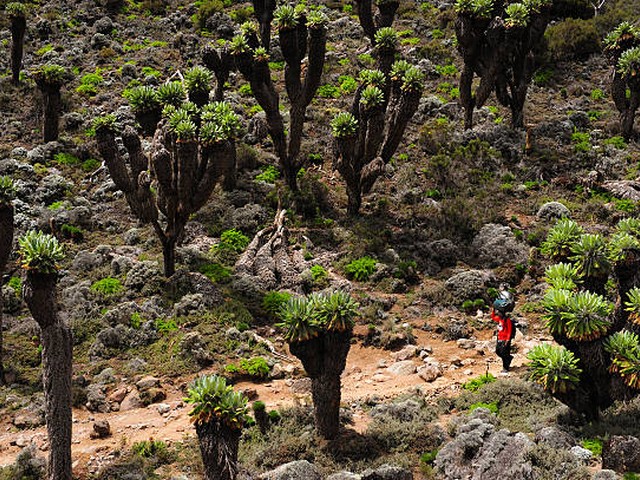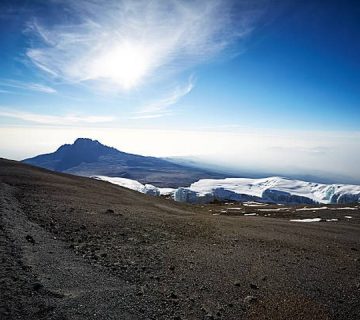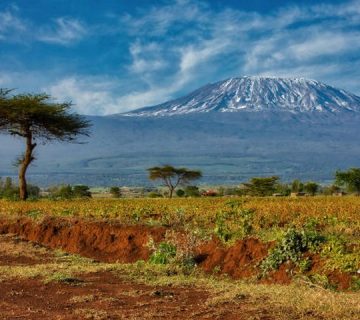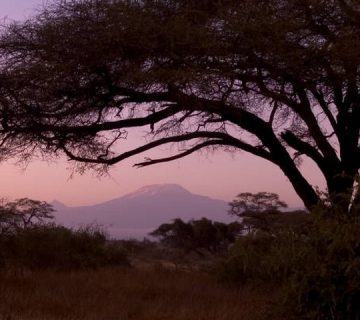Tanzanian Cultural Insights For Kilimanjaro Trekkers: A Journey Beyond the Mountain
Introduction: Embracing the Heart of Tanzania
When you think of Tanzania, the towering image of Mount Kilimanjaro might be the first to fill your mind’s eye. Yet, the journey to the roof of Africa offers more than just a trek; it presents a vibrant tapestry of culture waiting to be explored. Here at the Kilimanjaro Centre for Trekking and Ecotourism (KCTE), we believe that understanding the rich cultural heritage of Tanzania can profoundly enrich your climbing experience. In this blog post, we’ll dive into some essential Tanzanian cultural insights that every Kilimanjaro trekker should embrace.
The Cultural Mosaic of Tanzania
Tanzania is a land steeped in diversity, home to over 120 ethnic groups. Each group lends its unique flavor to the cultural stew of the nation, from the famous Maasai warriors with their red shukas and intricate beadwork to the Chagga people, the skilled agriculturists of the Kilimanjaro region.
The Maasai: Warriors of the Wilderness
The Maasai people are among Tanzania’s most iconic ethnic groups, known worldwide for their distinct customs, dress, and residence near many game parks of the Northern Circuit. Understanding their relationship with nature and their livestock offers trekkers a new perspective on the importance of conservation and community in Tanzanian society.
The Chagga: Guardians of Kilimanjaro
Living on the fertile slopes of Kilimanjaro, the Chagga are integral to the mountain’s surrounding culture. Their advanced irrigation systems and terraced farming are a testament to their deep understanding of the local environment. A visit to a Chagga village can be a revelatory part of your trekking experience, where you can witness their coffee farms and try their traditional banana beer.
Language and Communication: Swahili and Beyond
Swahili, the lingua franca of East Africa, is spoken widely in Tanzania. A few phrases can go a long way in connecting with local people. Here are some essentials:
- Jambo! – Hello!
- Asante – Thank you.
- Tafadhali – Please.
- Habari gani? – How are you?
Embracing the local language demonstrates respect and openness, traits highly valued in Tanzanian culture.
Tanzanian Cuisine: A Taste of the Land
The culinary landscape of Tanzania is as varied as its people. From the carbohydrate-rich ugali, a staple made from maize flour, to the flavorful nyama choma (grilled meat), food plays a significant role in Tanzanian social life.
A Culinary Experience to Remember
Imagine ending a day’s trek with a hot plate of pilau—a spiced rice dish infused with cloves, cinnamon, and cumin, accompanied by kachumbari, a fresh tomato and onion salad. Such meals are not just nourishment but a gateway into the heart of Tanzanian hospitality.
Music and Dance: The Soul’s Expression
Tanzanian music and dance are expressions of the country’s soul, conveying stories and emotions through rhythm. The sound of the drum is a common thread linking various Tanzanian cultures. Participating or even observing traditional dance and music can be a highlight of your cultural journey.
The Ngoma: Drumbeats and Dance
Ngoma, a traditional dance and music event, is a vibrant and insightful experience into local traditions. These performances, often seen during celebrations and ceremonies, offer a lively, participatory insight into the communal life of Tanzanian tribes.
Art and Craftsmanship
Tanzanian art is as diverse as its makers. From Maasai beadwork to Makonde carvings, the art is not only about aesthetics but also function and tradition.
Maasai Beads: More Than Just Decoration
For the Maasai, beads represent beauty, strength, and the traditions of a community. Each color and pattern has a meaning, telling stories of life, beliefs, and social status. Purchasing authentic beadwork can support local artisans and help preserve cultural heritage.
Sustainable Tourism: Respecting and Preserving Culture
As trekkers and visitors, it’s vital to approach cultural experiences with respect and mindfulness. At KCTE, we are committed to sustainable tourism practices that honor local traditions and support economic growth. By choosing to climb Kilimanjaro with us, you contribute to a model of tourism that respects both nature and cultural heritage.
Call to Action: Embark on Your Cultural and Climbing Journey with KCTE
Ready to experience the majestic Kilimanjaro and the rich tapestry of Tanzanian culture? Book your climbing adventure with the Kilimanjaro Centre for Trekking and Ecotourism. Not only will you be taking steps towards reaching one of the world’s most famous summits, but you’ll also be stepping into a world of cultural richness that will enrich your soul and broaden your horizons.
FAQ – Tanzanian Cultural Insights For Kilimanjaro Trekkers
What should I wear during my visit to local villages?
Respectful, modest clothing is recommended. Avoid shorts or sleeveless tops and opt for clothing that covers shoulders and knees.
Can I participate in local ceremonies?
Participation is often welcome, but always ask for permission first. It’s important to show respect and follow local customs.
How can I support local communities while trekking?
Consider purchasing local handicrafts, eating at local restaurants, or using services provided by the locals. Your contributions help sustain the local economy.
Is it safe to try local cuisines?
Absolutely! It’s a fantastic way to experience the local culture. Just ensure to eat at reputable places recommended by your guide.
Embark on your journey with Kilimanjaro Centre for Trekking and Ecotourism (KCTE) and embrace the full beauty of Tanzania, both its peaks and its people. Join us on this incredible adventure!




